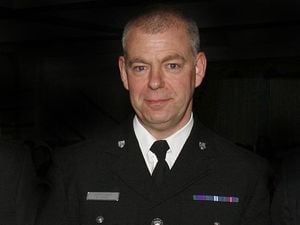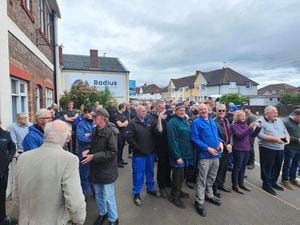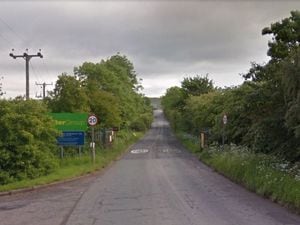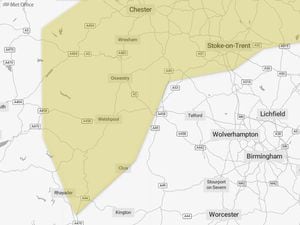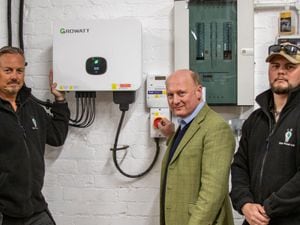Deepcut inquest: Soldiers 'told not to call home' after Cheryl James's death
Soldiers at Deepcut barracks were told not to ring home after the body of Private Cheryl James was found, an inquest has heard.
Private James, 18, was discovered with a fatal bullet wound in November 1995 - one of four recruits to die at the Army training camp in Surrey over a seven-year period.
She lived in Llangollen, over the Shropshire border, while her parents Des and Doreen James now live in Llanymynech, near Oswestry.
Her former room-mate Lisa Slattery told a fresh inquest into her death she laughed when she first heard the gunshot because she thought Private James had fired her gun accidentally.
But then a sergeant received a phone call and ordered a group of male soldiers to follow him, while telling female recruits to stay behind, she said.
Ms Slattery told Woking Coroner's Court in Surrey: "Someone said, 'Don't phone home or anything like that. Go to this room and we can talk about what happened'."
Nicholas Moss QC, representing the Ministry of Defence (MoD), said the instruction was presumably when Private James's parents had not been informed of their daughter's death.
Ms Slattery replied: "I don't know. I remember being really upset because I could not tell my parents."
Another former recruit said Private James had asked to be put in a cell for bad behaviour to avoid doing guard duty on the day she died.
Glen Rankin told the inquest Private James appeared "drunk" and "upset" when he spoke to her the night before her death.
He said: "Cheryl didn't want to be on guard duty the following morning. She was asking me to say she had been in trouble and say she was drunk and put her in a cell. She was pretty drunk.
"She was a bit upset I would say. She was pretty adamant she didn't want to go on guard duty for whatever reason that was."
Mr Rankin said he was "surprised" to see Private James arrive for guard duty the following day and she appeared "quite happy".
Asked whether Private James talked about her future in the Army, he added: "At times I got the impression she didn't like it. Just the place in general put you off being in the Army and how they treated you.
"One day you'd think 'I've had enough of this', other times you'd think it was OK if you were out with your friends."
Detective superintendent Brian Boxall, who led the 2002 Surrey Police investigation into the death of Private James, was due to appear as a witness on the sixth day of the inquest.
But at the start of the hearing, coroner Brian Barker QC said it had been agreed by all parties that Mr Boxall was "no longer required to give evidence".
A second inquest into the death of Private James is examining evidence suggesting she may have been sexually exploited by senior ranks shortly before her death.
Lawyers for her family say new pathological evidence has revealed possible "third party involvement" in her death - a claim which Surrey Police have described as "speculation in the extreme".
High Court judges ordered the fresh inquest in 2014 after they quashed an open verdict recorded in December 1995.
Privates Sean Benton, 20, James Collinson, 17, and Geoff Gray, 17, also died from gunshot wounds at the barracks between 1995 and 2002.

